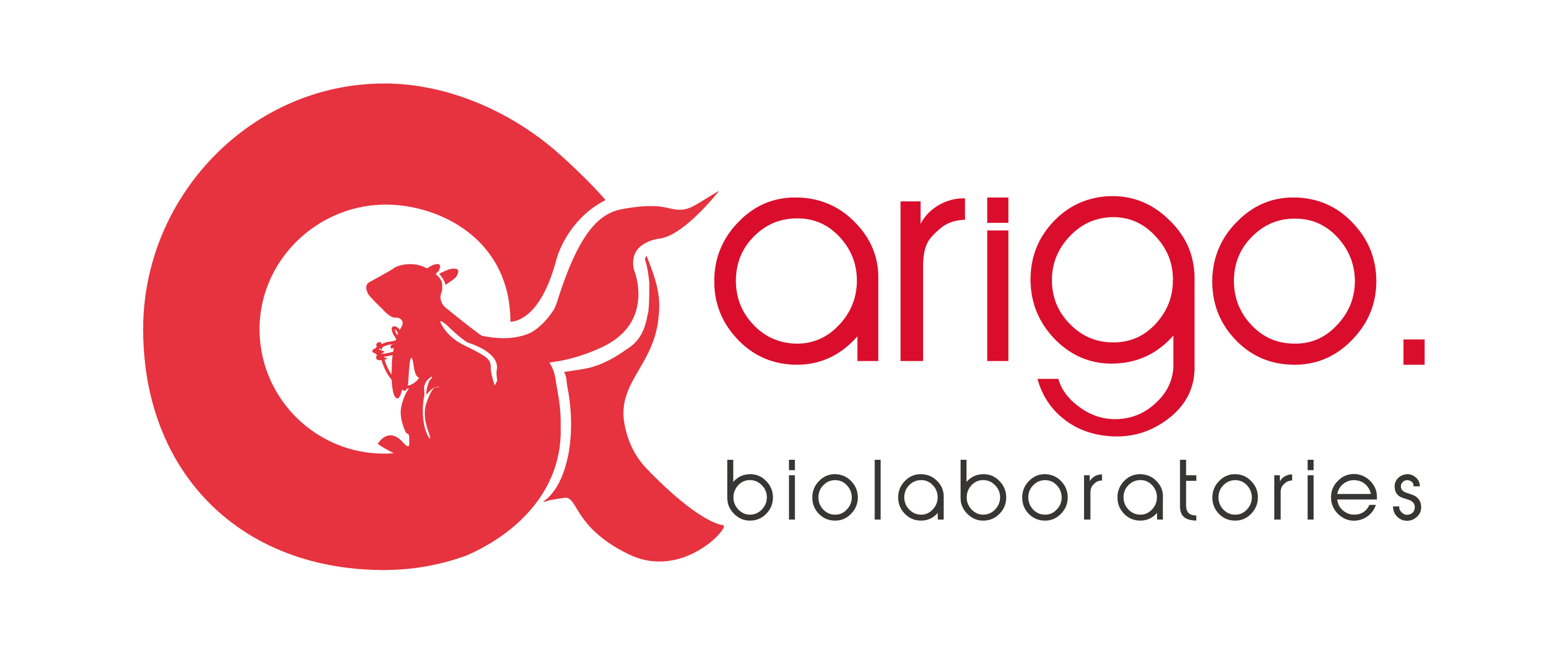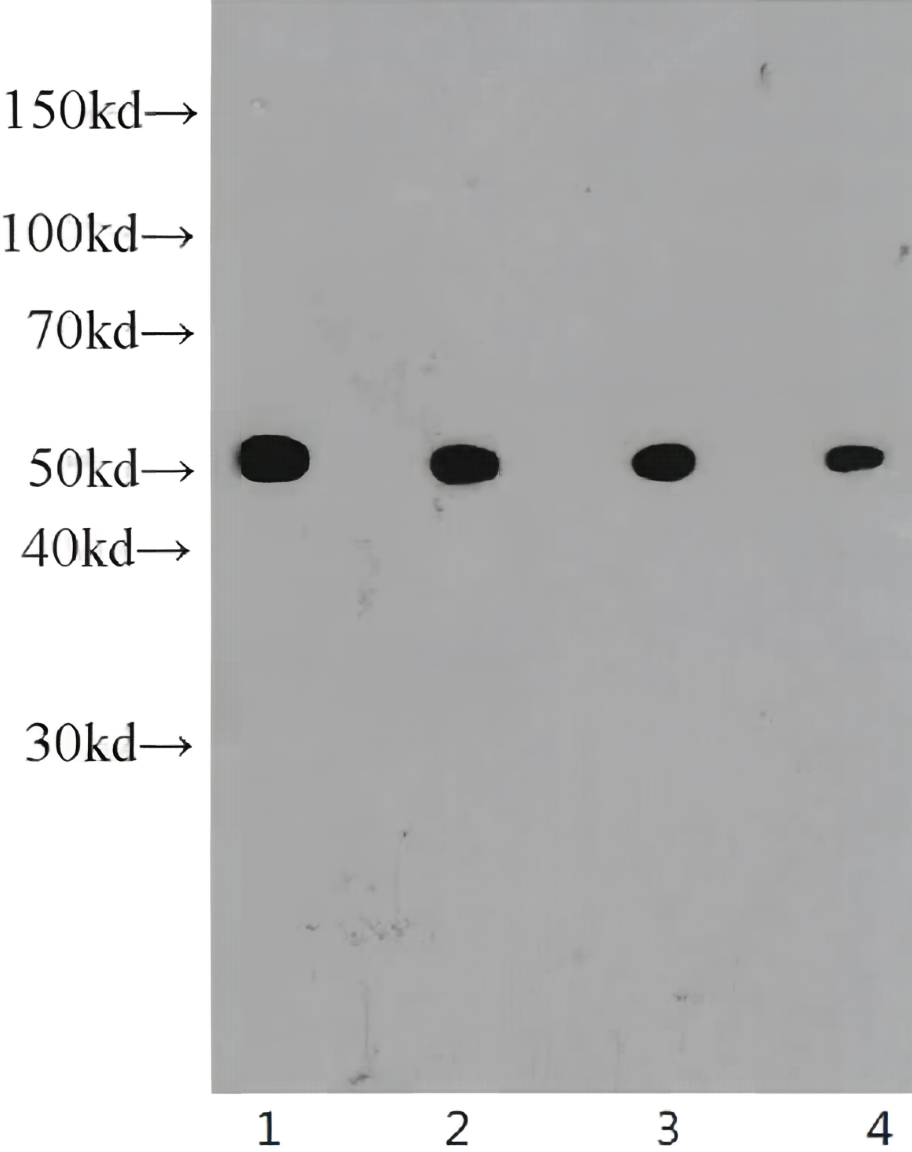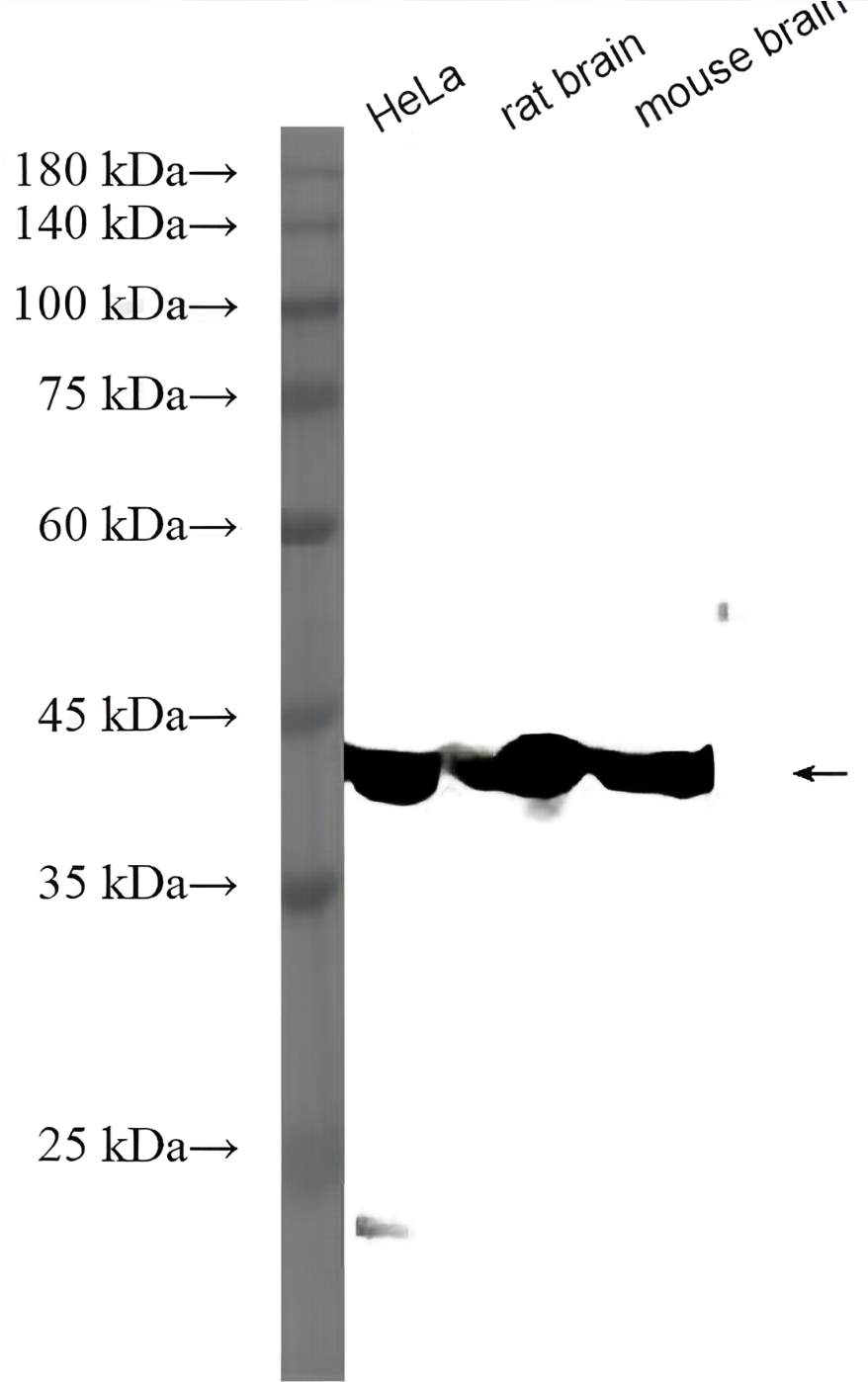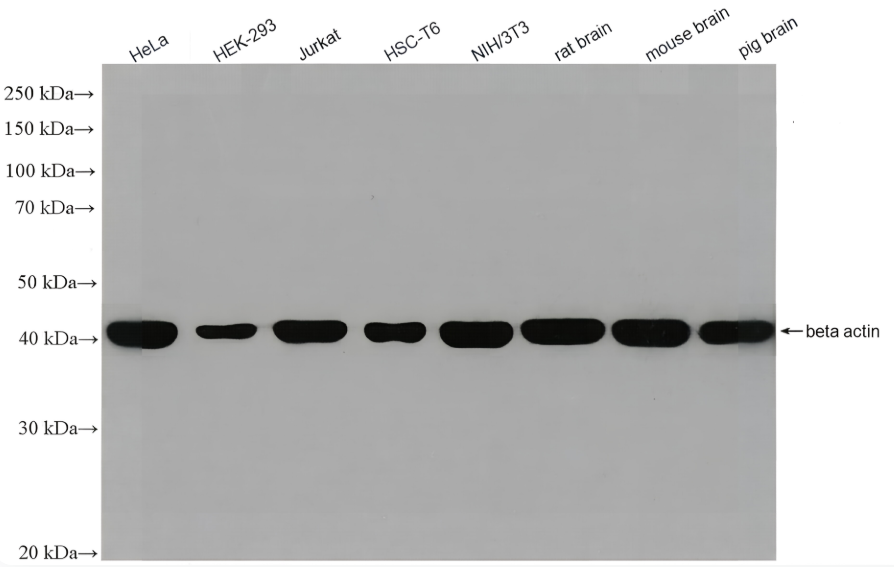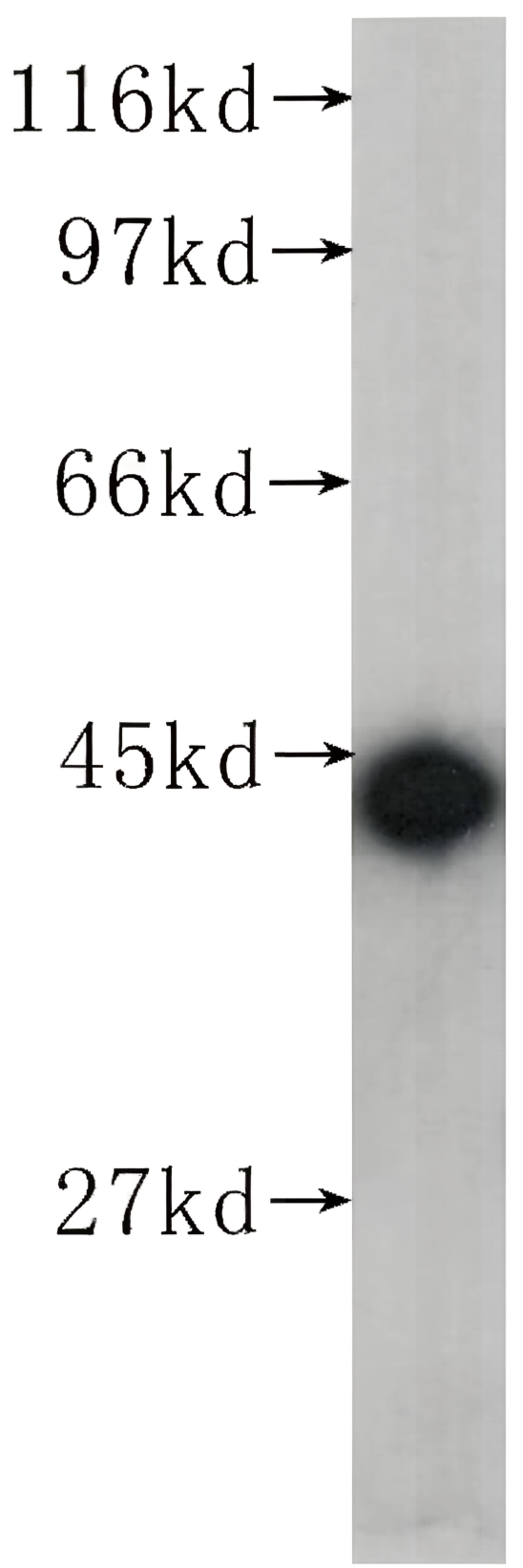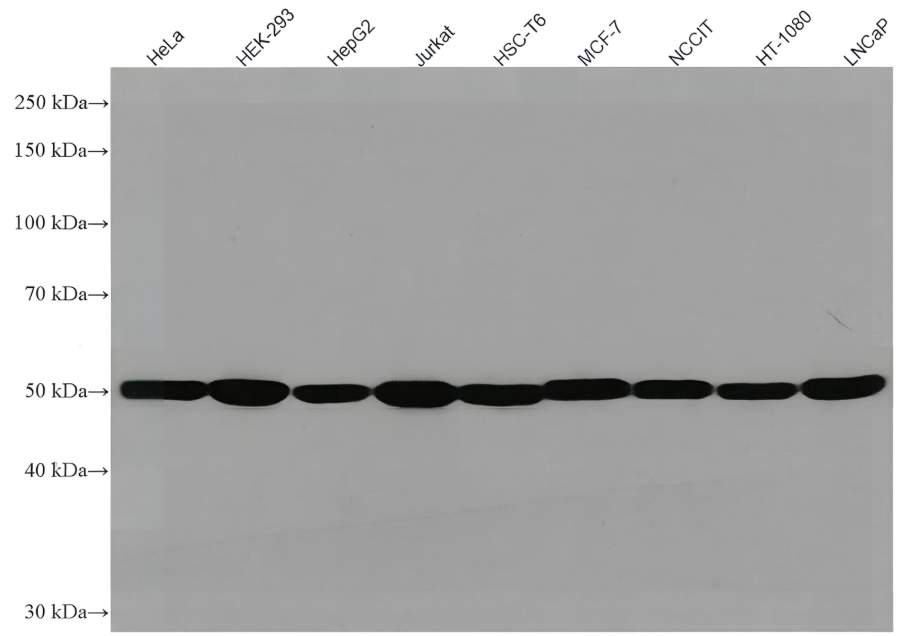anti-CFTR antibody [MM13-4]
CAT.NO. : ARG62460
US$ Please choose
US$ Please choose
Size:
Trail, Bulk size or Custom requests Please contact us
*产品价格可能会有所调整,请以品牌方官网实时更新的价格为准,以确保准确性。
概述
| 产品描述 | Mouse Monoclonal antibody [MM13-4] recognizes CFTR |
|---|---|
| 反应物种 | Hu |
| 应用 | FACS, ICC/IF, IP, WB |
| 特异性 | This antibody recognizes CFTR, Mr 170kDa. Two additional proteins were detected, Mr 52 and 38 kDa, in CFTR-transfected BHK cell lysates. |
| 宿主 | Mouse |
| 克隆 | Monoclonal |
| 克隆号 | MM13-4 |
| 同位型 | IgG1 |
| 靶点名称 | CFTR |
| 抗原物种 | Human |
| 抗原 | Synthetic peptide (RKGYRQRLELSD) corresponding to residues 25-36 of human cystic fibrosis transmembrane conductance regulator (CFTR) |
| 偶联标记 | Un-conjugated |
| 別名 | ATP-binding cassette sub-family C member 7; TNR-CFTR; ABC35; CFTR/MRP; CF; EC 3.6.3.49; dJ760C5.1; Channel conductance-controlling ATPase; cAMP-dependent chloride channel; ABCC7; Cystic fibrosis transmembrane conductance regulator; CFTR; MRP7 |
应用说明
| 应用说明 | FACS: 2 µg for 1 million cells WB: 10 µg/ml * The dilutions indicate recommended starting dilutions and the optimal dilutions or concentrations should be determined by the scientist. |
|---|
属性
| 形式 | Liquid |
|---|---|
| 纯化 | Protein G purified |
| 缓冲液 | PBS (pH 7.6), 0.25M NaCl and 0.1% Sodium azide |
| 抗菌剂 | 0.1% Sodium azide |
| 浓度 | 0.2 mg/ml |
| 存放说明 | For continuous use, store undiluted antibody at 2-8°C for up to a week. For long-term storage, aliquot and store at -20°C or below. Storage in frost free freezers is not recommended. Avoid repeated freeze/thaw cycles. Suggest spin the vial prior to opening. The antibody solution should be gently mixed before use. |
| 注意事项 | For laboratory research only, not for drug, diagnostic or other use. |
生物信息
| 数据库连接 | Swiss-port # P13569 Human Cystic fibrosis transmembrane conductance regulator |
|---|---|
| 基因名称 | CFTR |
| 全名 | cystic fibrosis transmembrane conductance regulator (ATP-binding cassette sub-family C, member 7) |
| 背景介绍 | This gene encodes a member of the ATP-binding cassette (ABC) transporter superfamily. ABC proteins transport various molecules across extra- and intra-cellular membranes. ABC genes are divided into seven distinct subfamilies (ABC1, MDR/TAP, MRP, ALD, OABP, GCN20, White). This protein is a member of the MRP subfamily that is involved in multi-drug resistance. The encoded protein functions as a chloride channel and controls the regulation of other transport pathways. Mutations in this gene are associated with the autosomal recessive disorders cystic fibrosis and congenital bilateral aplasia of the vas deferens. Alternatively spliced transcript variants have been described, many of which result from mutations in this gene. [provided by RefSeq, Jul 2008] |
| 生物功能 | Involved in the transport of chloride ions. May regulate bicarbonate secretion and salvage in epithelial cells by regulating the SLC4A7 transporter. Can inhibit the chloride channel activity of ANO1. Plays a role in the chloride and bicarbonate homeostasis during sperm epididymal maturation and capacitation. [UniProt] |
| 细胞定位 | Early endosome membrane |
| 研究领域 | Cell Biology and Cellular Response antibody; Metabolism antibody |
| 预测分子量 | 168 kDa |
| 翻译后修饰 | N-glycosylated. Phosphorylated; cAMP treatment promotes phosphorylation and activates the channel (PubMed:12588899, PubMed:17036051, PubMed:8910473). Dephosphorylation decreases the ATPase activity (in vitro) (PubMed:8910473). Phosphorylation at PKA sites activates the channel (PubMed:10792060, PubMed:12519745, PubMed:12588899, PubMed:25330774). Phosphorylation at PKC sites enhances the response to phosphorylation by PKA (PubMed:12588899). Phosphorylated by AMPK; this inhibits channel activity (PubMed:12519745). Ubiquitinated, leading to its degradation in the lysosome (PubMed:19398555). Deubiquitination by USP10 in early endosomes enhances its endocytic recycling to the cell membrane (PubMed:19398555). Ubiquitinated by RNF185 during ER stress (PubMed:24019521). |
 New Products
New Products




![anti-CFTR antibody [MM13-4]](/upload/image/20241105/8415bc38bc270b898ee2a90369a6c7fb.jpg)
